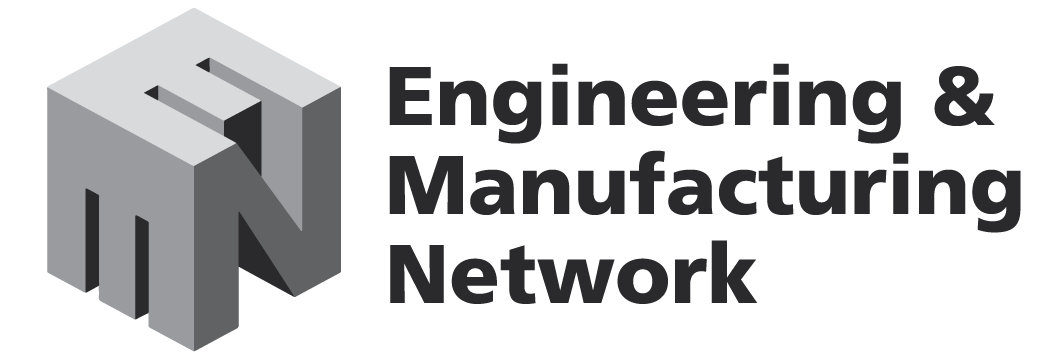HSE IS INSPECTING MANUFACTURING BUSINESSES THAT USE METALWORKING FLUIDS OR COOLANTS IN THEIR MACHINING PROCESSES.
- Not having local exhaust ventilation
- Not completing regular fluid quality checks
- Failing to provide regular health checks for lung and skin conditions.
Exposure to metalworking fluids can cause harm to lungs and skin through inhalation or direct contact with unprotected skin; particularly hands, forearms and face. Breathing in the mist generated by machining can lead to lung diseases such as occupational asthma and occupational hypersensitivity pneumonitis.
To reduce exposure, you need control measures in place. Read below for more information and links to advice and guidance to check your business has the correct measures in place.
INSTALL LOCAL EXHAUST VENTILATION (LEV)
The mist produced during machining is harmful to workers health when inhaled. LEV should be fitted to CNC machines where operators are exposed to mist.
If you don’t have LEV, see the guide to buying and using local exhaust ventilation for information on selecting a supplier and questions to ask them.
Clearing the air: A simple guide to buying and using local exhaust ventilation (LEV) (hse.gov.uk)
For more detail see CNC machining (MW1) (PDF)
REGULAR FLUID QUALITY CHECKS
Water-mix metalworking fluid, or white water, stays in the machine and deteriorates over time. It becomes contaminated and bacteria may start to grow. Poor fluid quality also affects the performance of the machine and the quality of the parts.
To maintain safe and effective fluids, you need to regularly check and correct concentration, pH and bacteria levels.
- A visual and odour check should be done daily
- Concentration, pH and dipslides should be done weekly.
The checks are simple to carry out, though you will need some basic equipment: dipslides (bacteria); incubator; refractometer (concentration); and pH paper test strips or electronic pH meter (acidity / alkalinity).
For details, see HSE COSHH MW5: Managing fluid quality
The UKLA has created the following which provide helpful advice Good Practice Guide for Safe Handling and Disposal of Metalworking Fluids and a practical series of videos with easy to follow demonstrations of the quick and simple tests that should be carried out.
REGULAR HEALTH CHECKS
Health and safety law requires that employers have a health surveillance scheme in place when workers remain exposed to certain health risks, even after controls are in place. This is because control measures may not always be reliable, despite appropriate checking, training and maintenance.
You will need to involve an occupational health professional who has the relevant competence, skills and experience for the health risks in your business. They will help you develop your health surveillance scheme of regular checks and can train responsible persons to help deliver this where appropriate.
Find out more about Occupational Health, risk assessment and how to get the right level of support from competent occupational health professionals and providers.
For more on specific health surveillance for metalworking fluid, see HSE G402 for occupational asthma and HSE G403 for occupational dermatitis here: COSHH essentials – Metalworking fluids

